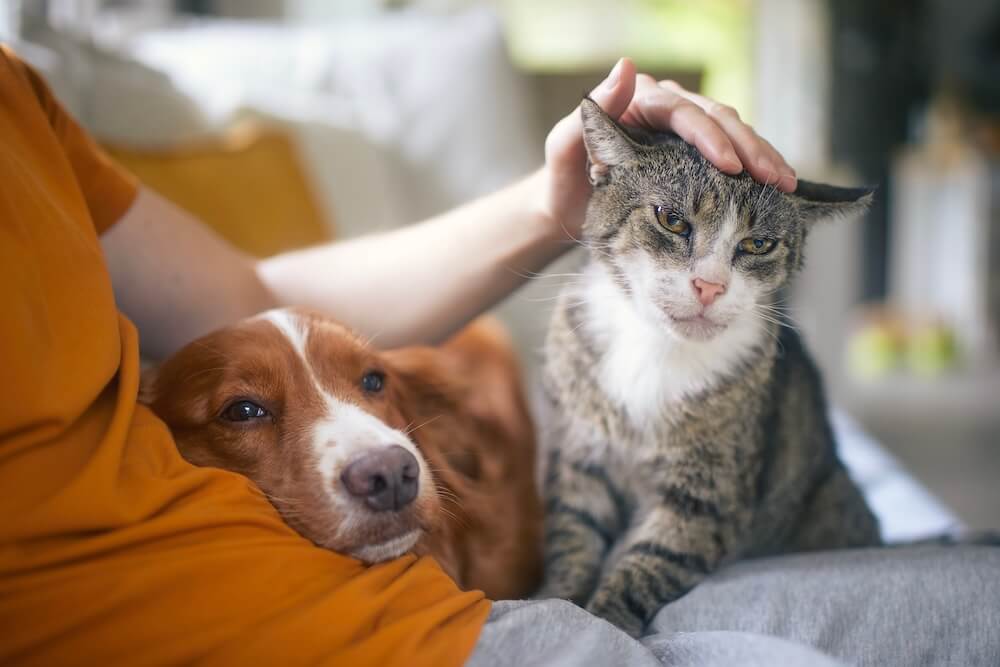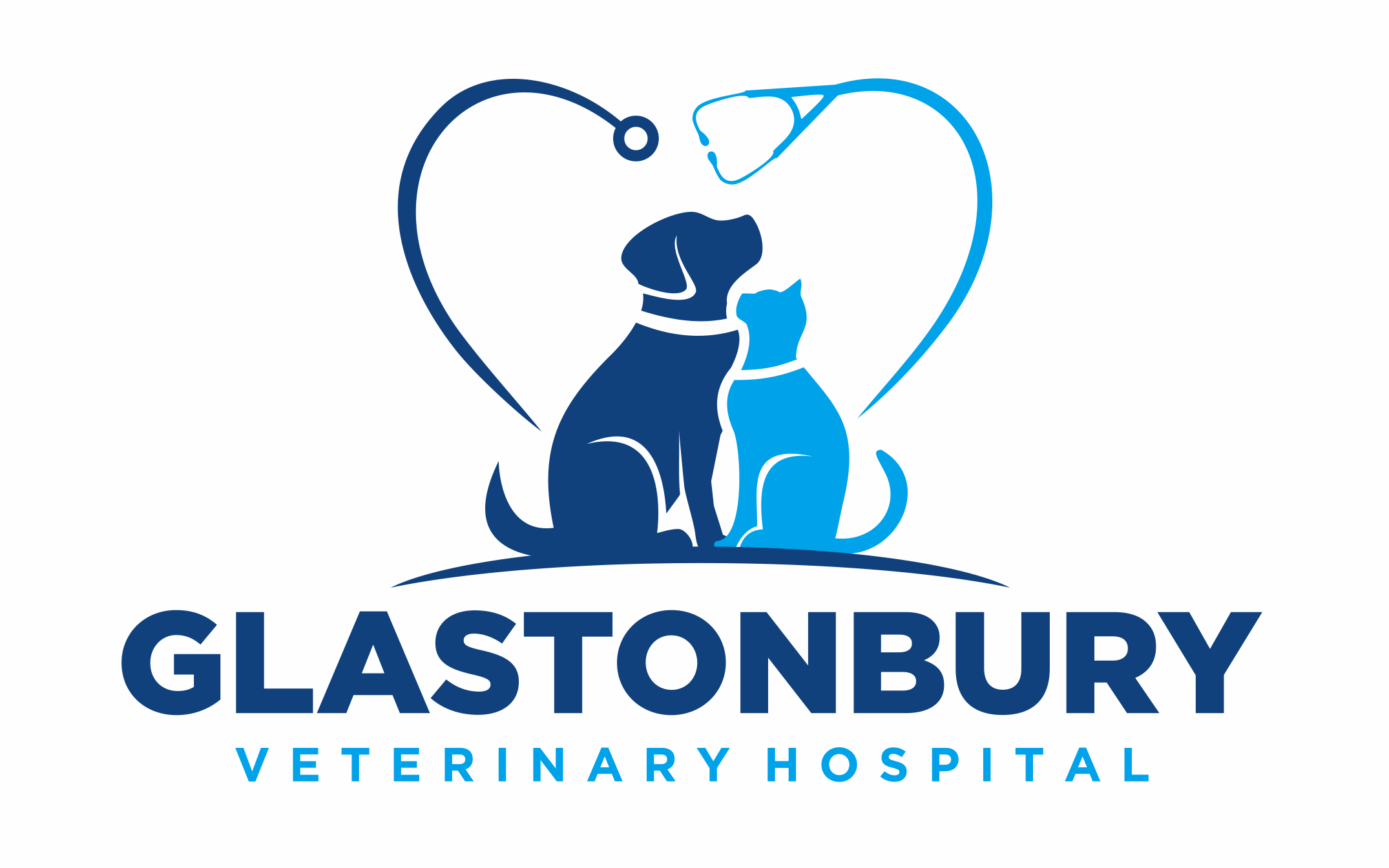
Located in Glastonbury, CT, our compassionate team at Glastonbury Veterinary Hospital is proud to serve the medical needs of our pet community. While we provide different services and treat different types of conditions, one common procedure is neutering. We work with pet owners to educate them on the importance of neutering their pets—not only to prevent procreation but also for the behavioral and health benefits as well.
What Is Neutering?
Neutering is the surgical removal of the testes in male animals, preventing the ability for the animal to impregnate females. It is generally recommended that pets be neutered while they are still young, and the procedure will likely be discussed at your initial puppy and kitten care exam.
What Are the Benefits of Neutering?
As mentioned, neutering is beneficial for controlling the pet population and has additional health and behavioral benefits, including:
• Reduction of prostate cancer
• Lower rate of infection
• Calmer and more affectionate
• No running or wandering (to mate)
• No marking territory
• Less fighting with other dogs
• Longer lifespan than non-neutered pets
What Happens on the Day of Surgery?
When you arrive at the animal hospital on the day of your pet’s surgery, they will first receive a pre-op exam to ensure they are healthy enough for surgery. Anesthesia will be administered, and the procedure will be performed. After the surgery, your pet will be fitted with a recovery collar (to prevent licking the incision) and will be placed in recovery for some time.
Preventing Overpopulation with Neutering and Spaying
According to a recent report by the American Humane Society, 2.4 million healthy dogs and cats are euthanized annually in shelters due to pet overpopulation. Without enough adopters, these animals face euthanasia to make room for more homeless pets. This translates to one healthy animal losing its life every 13 seconds in America alone.
However, this is preventable through spay and neuter surgeries. Neutering a male pet means he cannot impregnate a female, while spaying a female makes her infertile.
Benefits of Spaying and Neutering
Both procedures offer significant health and behavioral benefits:
• Health Benefits: Spaying eliminates ovarian and uterine cancers in females and greatly reduces mammary tumors. Neutering males reduces the risk of testicular and prostate cancers.
• Behavioral Benefits: Spaying and neutering reduce behaviors associated with mating instincts, such as roaming, aggressive behavior, and territory marking.
• For females, spaying prevents heat cycles and reduces vocalizations and aggression.
• For males, neutering curtails territorial urine spraying and reduces aggressive tendencies. It also prevents roaming, which exposes pets to risks such as traffic accidents and fights with other animals.
Preventing Overpopulation
One of the primary reasons for spaying and neutering is to prevent overpopulation. Each year, thousands of animals end up in shelters due to a lack of homes. Spaying and neutering directly address this by preventing unwanted litters. A female cat can become fertile before one year of age, producing numerous litters in her lifetime if left unspayed.
Timing and Procedure
The ideal age for spaying or neutering varies but is generally around six to twelve months. However, veterinarians may recommend earlier or later procedures based on your pet’s health and breed. These surgeries are typically performed under general anesthesia, and most pets recover quickly with proper post-operative care.
Spaying and neutering can also increase a pet’s lifespan by an average of three to five years. Altered pets are less likely to roam, making them better neighbors and safer at home.
Contact Glastonbury Veterinary Hospital for an Appointment Today
Spaying and neutering are crucial for the health of pets and the control of the pet population. If you have any questions about these procedures, contact Glastonbury Veterinary Hospital in Glastonbury, CT, at (860) 633-3588. Our experienced team is here to provide you with all the information you need and ensure the best care for your furry friend. When you need a veterinarian near you, we are happy to assist!
